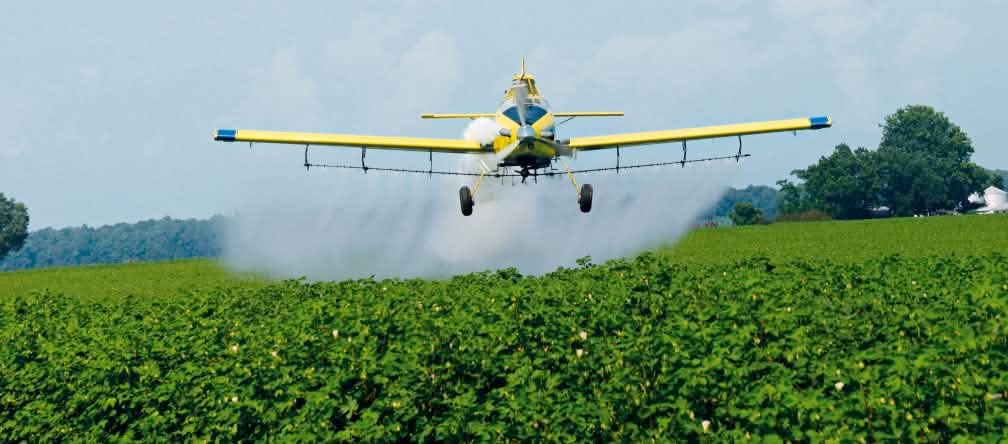
Completed campaign
Stop Monsanto Soy!
South America’s tropical forests are being cleared to make room for soy plantations. Monocultures of Monsanto GMO soybeans are taking up ever more space – and are being sprayed with highly toxic herbicides. Millions of tons of these soybeans are fed to livestock in Europe. Please demand an import ban for soybeans now.
To: European Commissioner for Agriculture and Rural Development Phil Hogan
“Ban soy imports to the European Union.”Every year, tropical forests equivalent to the size of the Netherlands are cleared in South America to make room for the cultivation of soy, even though the monocultures have already assumed unimaginable proportions: In Argentina, Brazil and Paraguay, the genetically modified soy bean and corn variants of a single producer – the US corporation Monsanto – grow on 45 million hectares.
Monsanto’s chemists have made the plants’ genetic make-up immune to Roundup, Monsanto’s proprietary, non-selective herbicide. The active ingredient is glyphosate, a broad-spectrum systemic herbicide. While Monsanto’s patented beans survive the sprayings, all other vegetation dies.
Since the plantations are edging ever closer to human settlements, people living there become ill and even die from the sprayed poisons. Animals, the soil, rivers and the drinking water are being contaminated with Monsanto’s toxic cocktail as well. Scientists draw a connection between the use of Roundup and the worldwide decline in amphibians.
But nature is fighting back: On GMO plantations, wild herbs and insects that have evolved a resistance against the toxins are making inroads. Experts are not surprised, for this is the inevitable consequence of a perverse system that works against the principles of nature. In response, increasing quantities of ever more poisonous chemicals are being sprayed.
A great majority of people in the European Union opposes the genetic modification of our food – and yet for most of us, it is an invisible guest at our dinner tables. European chickens, pigs and cows are fed with 35 million tons of imported GMO soy made by Monsanto.
We demand an import ban on genetically modified animal feed into the European Union. Please sign our EU petition.
Glyphosate, an active ingredient developed by Monsanto, is the best-selling herbicide worldwide. The poison is commonly used shortly before harvest time to speed up the ripening process of crops such as wheat and canola. Ökotest magazine reports on glyphosate in cereal products in its September issue.
Monsanto has acquired numerous other companies and sells glyphosate and other toxic products under their names. This includes brands such as Scotts, Celaflor and Substral.
200 million liters of herbicides are used in Argentina alone every year.
To: European Commissioner for Agriculture and Rural Development Phil Hogan
Dear Mr. Hogan,
Every year, 35 million tons of soybeans and soya meal to be used as feed additives are imported by the European Union. The largest share originates in South America, and it ends up in feeding troughs of cows, pigs and chickens.
To make room for the soybean monocultures, tropical forests are cleared in Argentina, Brazil and Paraguay. Most of the area is used for the cultivation of genetically modified soybeans produced by Monsanto, a US corporation.
The monocultures are sprayed with large amounts of Roundup herbicide, also a Monsanto product. The active ingredient in Roundup is glyphosate, a broad-spectrum systemic herbicide. In humans, glyphosate can cause cancer, congenital disorders and damage to the central nervous system. For aquatic animals such as tadpoles, it is deadly.
Since more and more wild herbs have developed resistance to the herbicide, ever-increasing amounts and blends of pesticides must be sprayed. The chemicals contaminate living beings, soils and bodies of water. Exposed humans also become ill and even die.
Our soy consumption here in Europe thus makes us partly responsible for the destruction of rainforest and the suffering of people in South America. Rainforest Rescue therefore demands an immediate ban of soy imports to the European Union.
Yours sincerely,

